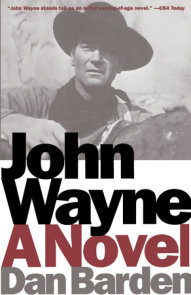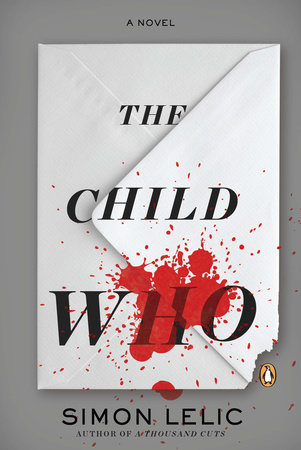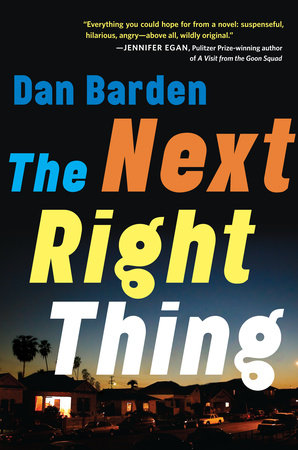

The Next Right Thing
By Dan Barden
By Dan Barden
Category: Suspense & Thriller | Crime Fiction | Romantic Suspense

-
Mar 06, 2012 | ISBN 9780679644354
YOU MAY ALSO LIKE
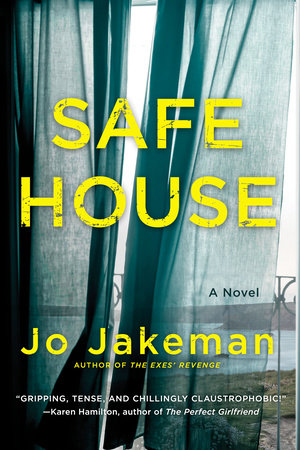
Safe House
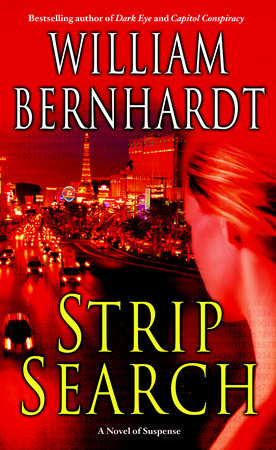
Strip Search
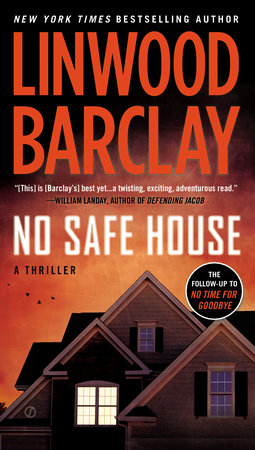
No Safe House
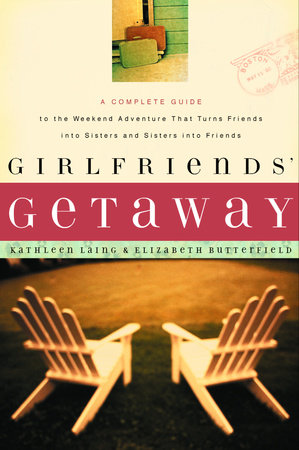
Girlfriends’ Getaway
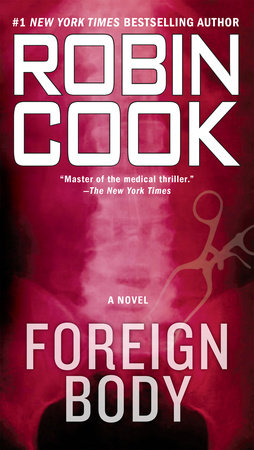
Foreign Body
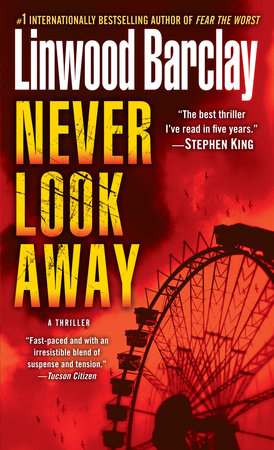
Never Look Away
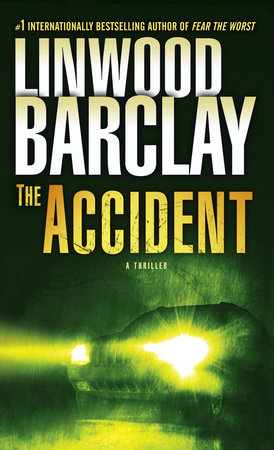
The Accident
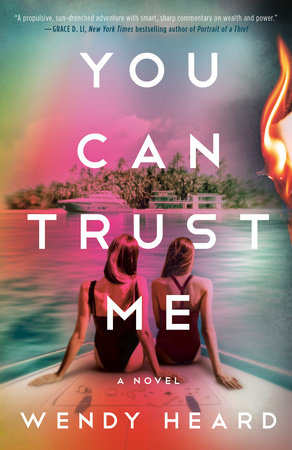
You Can Trust Me
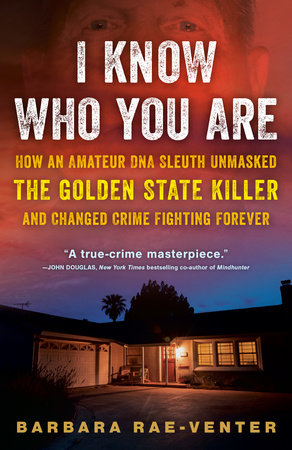
I Know Who You Are
Praise
“Everything you could hope for from a novel: The Next Right Thing is suspenseful, hilarious, angry—above all, wildly original. I only wish I’d written it myself.”—Jennifer Egan, Pulitzer Prize–winning author of A Visit from the Goon Squad
“Dan Barden’s The Next Right Thing is The Long Goodbye in rehab. It’s fierce and funny and absolutely worthy of its predecessors—like them, Barden’s hard-boiled tale is really an inquiry into male love and grief, and the state of the American heart.”—Jonathan Lethem
“The Next Right Thing has humanity, humor, and insight to burn. Dan Barden takes the clay of the California hard-boiled novel and shapes it into something new.”—George Pelecanos
“An extremely engaging novel…Dan Barden shows us how it’s always the people who know us best – the ones whose love (and hatred) is therefore the purest – who have the power to save us.” – Scott Smith, author of A Simple Plan and The Ruins
“Randy Chalmers is an American literary hero for our time: a recovering drunk with a big, broken heart and an anger problem. I adore him. In The Next Right Thing, Dan Barden captures exactly the pitiless, irreverent love that keeps drunks sober.” – Michelle Huneven, National Book Critics Circle Finalist author of Round Rock and Blame
“Dan Barden’s one hell of a writer.” – Andrew Vachss
“[An] engaging debut . . . [Contains] a healthy amount of verve and black comedy . . . succeeds on the emotional and physical muscle of its narrator”—Kirkus
“Barden vividly renders the culture of Alcoholics Anonymous and the flawed souls who depend on it to stay sane and alive.”–Booklist
“Rings true . . . As I put the book down, I wondered whether Barden had a friend whose death inspired those [final] haunting paragraphs. It feels that real.”—The Washington Post
“Dan Barden’s new novel, The Next Right Thing, is a rare beast: a detective story where the central mystery turns out not to be the most important thing going on. Incidentally, and perhaps even rarer, it’s also a detective story that makes you wonder if you ought to take up construction and interior design.”—The Atlantic
“[M]ost unexpected . . . a refreshingly sordid look at sobriety—perhaps because the action is more engaging than the sinless serenity that drives most tales about life after active addiction. As Barden’s damaged characters curse and fight their way through the hills of tony Laguna Beach and the grittier streets of urban Santa Ana, they defy any expectations that sobriety translates into saintliness. . . . [A] hell of a lot more provocative than the average hardboiled crime novel”—TheFix
“Reasonably serious study of male companionship, what it takes to fly straight and the ultimate inscrutability of other people.” –The New York Times
“Barden uses the conventions of noir perfectly, giving the audience the specific pleasures it was seeking while illuminating truths about recovery.” –The Weekly Standard
21 Books You’ve Been Meaning to Read
Just for joining you’ll get personalized recommendations on your dashboard daily and features only for members.
Find Out More Join Now Sign In








